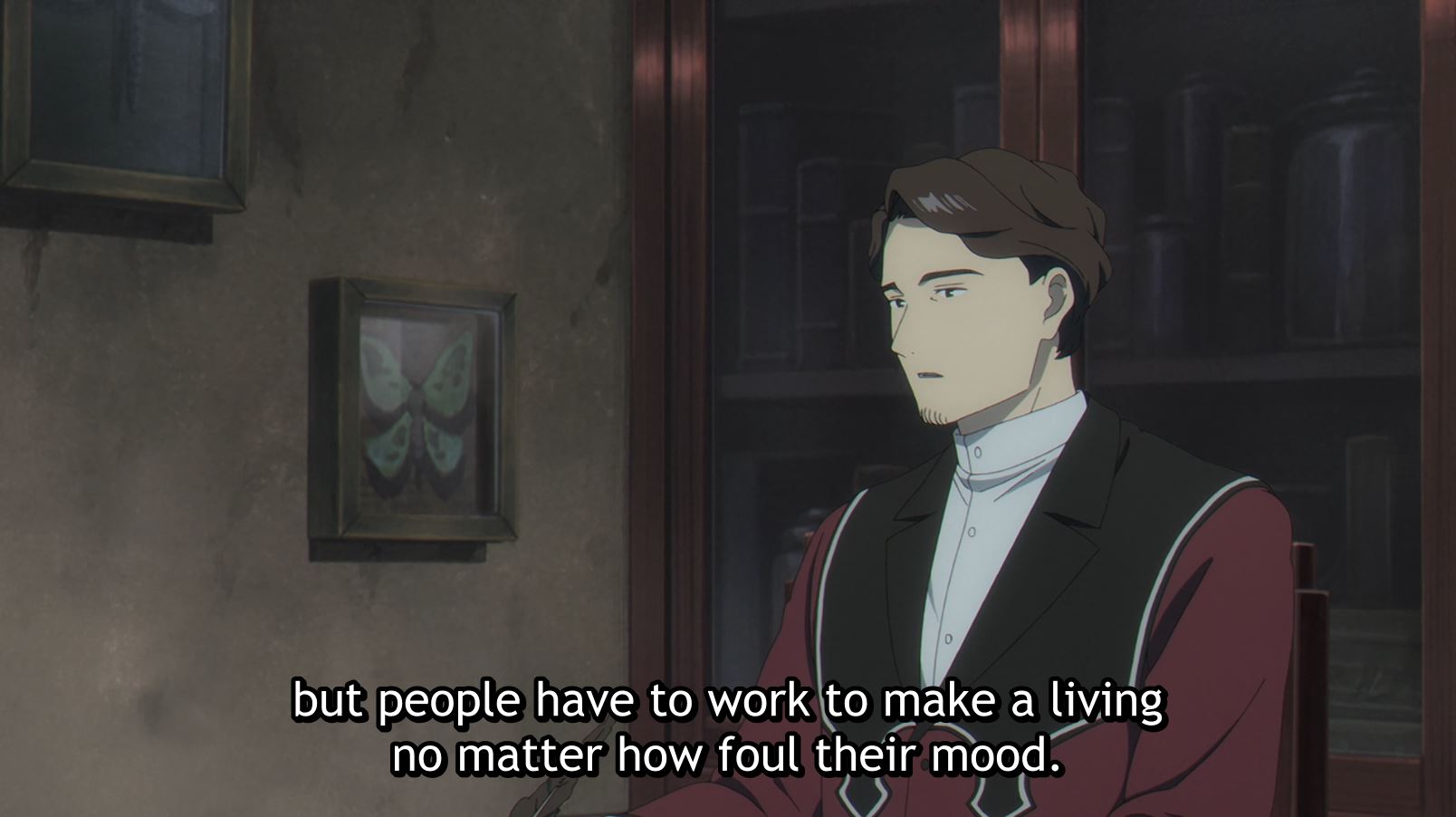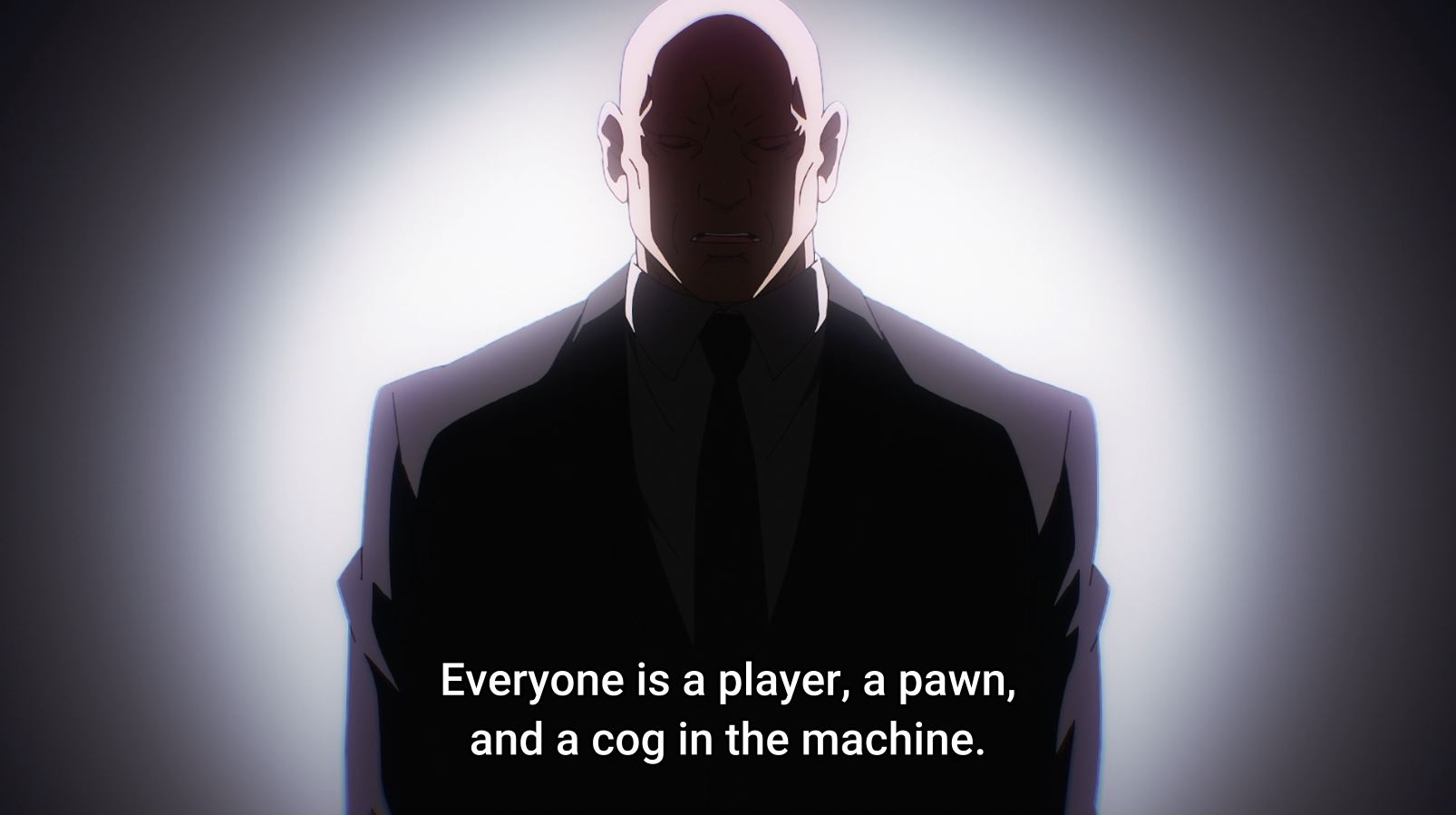Many young adults make the mistake of being in a hurry to invest. They have read books and gained knowledge elsewhere about the power of compounding. That time is needed to accumulate wealth, and the earlier they start, the better it is for them. Hence they ploughed through the internet and read many articles, videos and materials trying to learn as much as they can about investing. That in itself is no wrong, but it is not efficient if one focuses too much on it instead of trying to earn their first round of capital, as well as falling into the FOMO (fear of missing out) trap.
Previously we talked about getting started on our investment journey, and today we will talk about why we should not be in a hurry to do so.
First Round Of Capital
For the average young adult, the fastest way to accumulate wealth is to work. Selling your time and energy in the form of labour for monetary rewards. Yes using money to earn money is the end goal, but not at this point in time. Your priority should be to earn your first round of capital in the fastest way possible.
Let’s say you now have $10,000 and you put in a lot of effort in your investment. By some stroke of genius you make a 50% annual gain, you would only have earned $5000. However, another person who has $100,000 capital and put in a very safe blue-chip dividend stock with 5% dividend yield will achieve the same result as you with more stability and safety. Not only that, the $5000 you have earned through your investments could have been earned far quicker though labour.
Do note that I am not saying you should not start early. I am saying there is no rush to pour everything you have into it that early on. Instead, focus on earning capital first, which can be done so through a full-time job. Depending on the nature of your main job, you can also take up a second part-time job if you are able and willing to. Then during your free time, study about investments and gain knowledge. This is very different from making investment your main priority and everything else including your main job a secondary objective.

Holding Power
In investments, holding power plays a very critical role. Warren Buffett is a very good example of this. He buys and holds the stock for very long periods of time. While the common people do not usually hold stocks on the long term basis, they do so with another asset class – properties. That is why we often hear news about people selling off their properties at significant profits. Perhaps when they bought a property 20 years ago it was $100,000 and now it is $500,000.
Let us sidetrack a bit.
Properties are quite illiquid, partly due to the effort it takes in transacting and mainly because people need a house to live in. That is why they hold on to their properties for long periods of time, and only sell when there is a good reason. With inflation in the economic system, the ‘compulsory holding’ for most owners ensures that many can tank through bad times and hold on to their asset till it is very profitable.
Stocks are quite liquid in comparison. It is very easy to sell them at a moment’s emotion. We may be triggered by a 10% loss in stocks and sell off quickly, but many people tank through a 20% or more loss in the property market without feeling much. Investors often look at their portfolio everyday and wonder why the prices has not yet gone up. They became impatient and sell off a particular holding to jump into another.
But like properties, stocks work in the same way in this aspect. As long as you do not choose meme stocks, but decent companies grounded in solid foundations and business, one could expect the stocks to come out profitable in the long run, even if there are turbulences in the middle.
However, to do that, one needs to ensure that the money one invests into the stock market is not required for the short to medium term. Many people make the mistake of putting what money they have into the markets, thinking that they can just withdraw it out 1 or 2 years later when they need it. Unfortunately, not all of us are top investors and we often see a situation of the market reversing on our trades. When the time comes to use the money, such as for a wedding or a down payment for a house, people often are forced to sell their stocks at a loss.
That brings us back to the first point – earning our first round of capital. Only when we have accumulated enough capital purely for investments, then we will have a more meaningful investment journey. Starting too early and too furious into it will only waste our time and effort first in terms of inefficiencies and secondly a very potential loss due to a lack of holding power.

Wait For The Right Opportunity
Many of us are impatient. Once we have decided to invest, we cannot wait to jump in. There is this idea hovering above that time is money. Every day that my money is sitting in cash is profit not earned. I must quickly decide on a company to invest in. I must quickly buy some stocks or the price will go up further. I must quickly build up my portfolio of stocks.
To invest is an action. To wait is also an action. Warren Buffett’s Berkshire Hathaway is sitting on 189 billion of cash waiting for the right opportunity. Singapore’s supermarket chain Sheng Siong Group is also sitting on 324 million in cash, seemingly not in a hurry to enter.
Even if the company you have decided on is a good company, it may not necessarily mean that any time is a good time to invest. Sometimes, one have to wait for longer periods of time. Of course, one can scour the internet through all the markets, and I am pretty sure there will always be a treasure for you to invest in at the moment. But you get the idea, patience is also a critical trait in investments.
Do not FOMO, thinking that every day you do nothing is a stack of profit not earned. We are not genius investors. Even if we go in immediately, there is no guarantee that we will not be sitting on a floating loss.
If the big companies with their elite teams of financial analysts decide that the best course of action sometimes is to wait out, then you know waiting out can also be a very viable option.

Stagger Your Investments
These few days we see a plunge in the Nikkei 225, in the S&P 500, in the crypto markets etc. Many times we may have the idea that if we do not invest all that we intend to immediately, we may just miss the boat. The market is not only affected by the fundamentals of the economy itself, but also by manipulation of the big corporations, by the macro-economics of the country, but foreign interference, by politics, by war etc. We never know what is going to happen tomorrow. And it is safe to assume that with our limited knowledge, chances are the trades we make may turn upon us.
It is therefore advisable to stagger your trades instead of all-in at a particular point in time. Perhaps you would like to put 50% down first, then split the rest into 5% or 10% whenever there is a dip below your average price. That way, you will still have sufficient ammunition to capture opportunities.

Conclusion
Take it easy on your investment journey. It is a marathon, one which you will have plenty of time to catch up if you do not do anything seriously wrong, but one which you will have difficulty recovering if you make a big mistake. Be patient, and despite what your emotions tell you, do not rush into anything. Earning money through investment is a very boring process. Not everyone of us can be the wolf of Wall Street.

Showing 1 - 3 out of 3
Page 1 out of 1
| - | Shop Products | Price | |
|---|---|---|---|
|
|
$99,999.00
|
||
|
|
$1.00
|
||
|
|
Price range: $69.00 through $99.00
|


